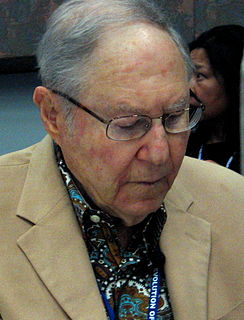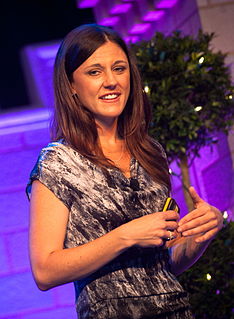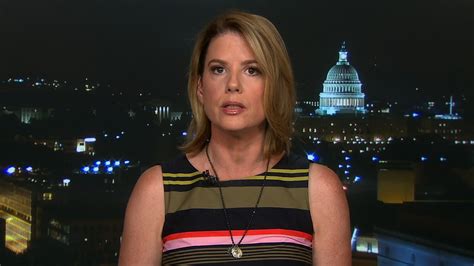A Quote by Robert Musil
It is, all in all, a historic error to believe that the master makes the school; the students make it!
Related Quotes
The world always makes the assumption that the exposure of an error is identical with the discovery of truth - that error and truth are simply opposite. They are nothing of the sort. What the world turns to, when it has been cured of one error, is usually simply another error, and maybe one worse than the first one.
Public education for some time has been heavily focused on what curricula we believe will be helpful to students. Life-Enriching Education is based on the premise that the relationship between teachers and students, the relationships of students with one another, and the relationships of students to what they are learning are equally important in preparing students for the future.
Let's also make sure that a high school diploma puts our kids on a path to a good job. Right now, countries like Germany focus on graduating their high school students with the equivalent of a technical degree from one of our community colleges, so that they're ready for a job. At schools like P-TECh in Brooklyn ... students will graduate with a high school diploma and an associate degree in computers or engineering. We need to give every American student opportunities like this.
Think, for a moment, about our educational ladder.
We've strengthened the steps lifting students from elementary school to junior high, and those from junior high to high school.
But, that critical step taking students from high school into adulthood is badly broken. And it can no longer support the weight it must bear.





































